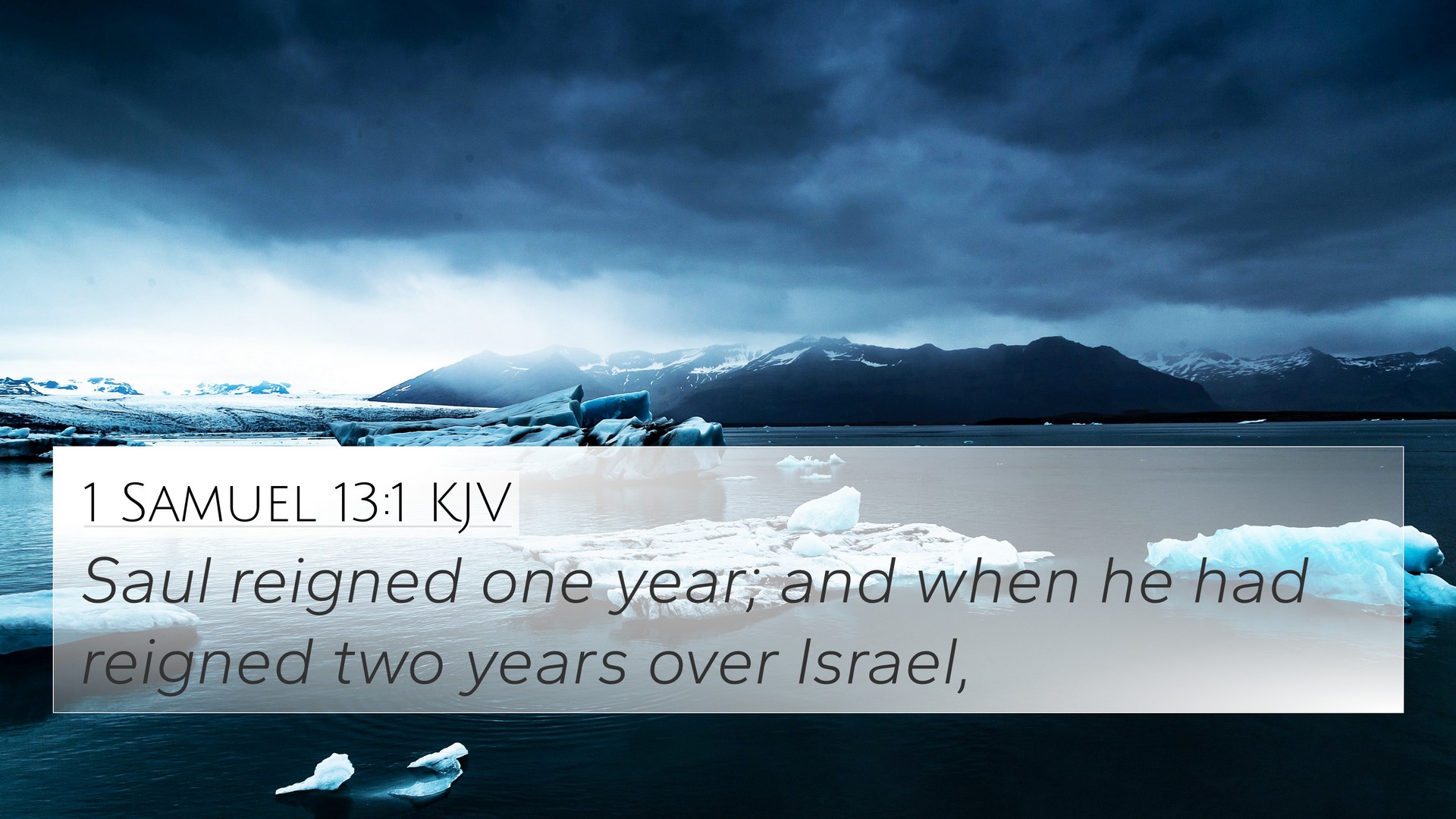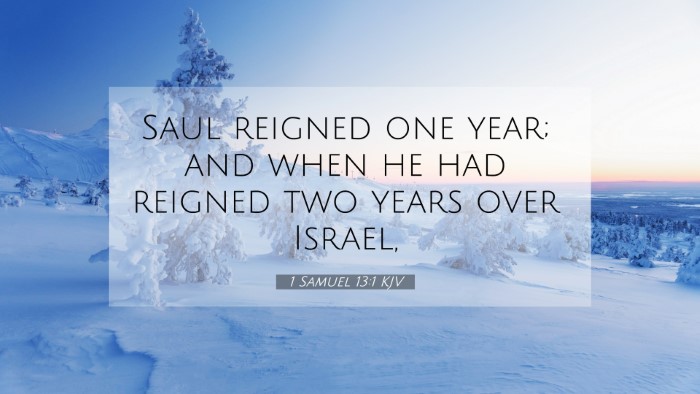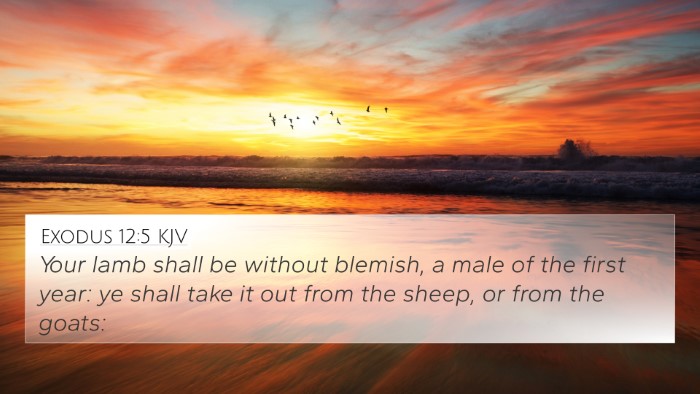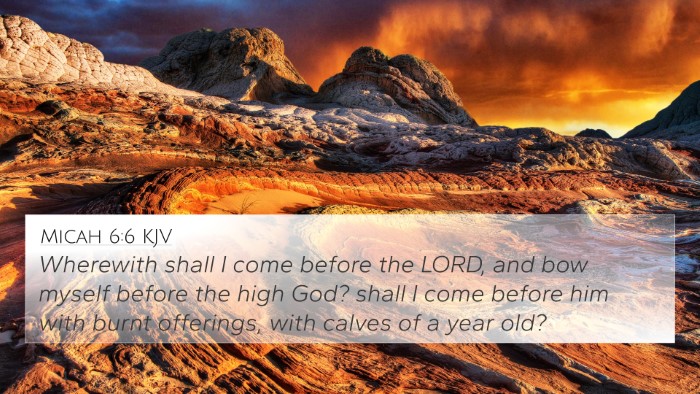Understanding 1 Samuel 13:1
The verse 1 Samuel 13:1 reads: “Saul was thirty years old when he began to reign, and he reigned thirty-two years over Israel.” This simple yet profound statement encapsulates a pivotal moment in Israel's history, marking the transition from the period of judges to a monarchy under Saul. Below is a comprehensive analysis of this verse, exploring its implications and connections within the broader context of the Bible.
Contextual Overview
To grasp the significance of 1 Samuel 13:1, it is essential to consider the historical and spiritual context of Israel during Saul's reign. The Israelites, yearning for a king to lead them, rejected God's direct rule, prompting God to grant them a king like the nations around them (1 Samuel 8:5).
Significance of Saul's Age
- Leadership and Experience: Saul's age at ascension signifies a point of maturity, yet it also raises questions about his capability, given the tumultuous era he entered.
- Time of Reign: The 32 years of Saul’s reign represents a significant period of conflict as Israel faced both internal strife and external threats, notably from the Philistines.
Theological Implications
This verse introduces themes of leadership and divine sovereignty. Saul's kingship illustrates God's willingness to allow Israel to follow its own desires, even to their detriment. The consequences of Israel's choice become evident throughout Saul's troubled rule, reflecting the broader theme of human failure in governance without divine guidance.
Commentary Insights
Matthew Henry's Commentary: Henry notes that Saul's initial years marked the beginning of a significant transition in Israel’s governance, highlighting the human desire for kingship versus reliance on divine authority. He suggests that Saul’s very selection was both a consequence of Israel’s disobedience and a means for God to teach them lessons about kingship.
Albert Barnes' Commentary: Barnes emphasizes the brevity of the statement regarding Saul's reign. He interprets it as a reminder of the transient nature of human authority and the difficulties that accompany the longing for a human leader, drawing attention to the larger narrative of God’s enduring sovereignty.
Adam Clarke's Commentary: Clarke provides a critical analysis of Saul's reign, noting the challenges he faced and his eventual decline as a leader. He elaborates on the significance of Saul being chosen from among the tribes of Israel, pointing to the complexities of his character and spiritual failings as a leader chosen by the people.
Bible Verse Cross-References
1 Samuel 13:1 connects with numerous other scriptures that enhance the understanding of Saul's reign and the concept of kingship in biblical history. Notable cross-references include:
- 1 Samuel 8:5-22: The Israelites demand a king, illustrating their desire to be like other nations.
- 1 Samuel 9:1-2: The introduction of Saul as a choice for king based on his physical appearance and stature.
- 1 Samuel 10:1: The anointing of Saul by Samuel, symbolizing God's selection despite later failures.
- 1 Samuel 15:26: God's rejection of Saul due to disobedience, emphasizing the consequences of human leadership apart from divine direction.
- 1 Chronicles 10:14: A reflection on Saul’s failure as king, reminding believers of the need for faithfulness in leadership.
- Psalm 78:70-72: Discussion of God choosing David as a shepherd over His people after Saul's failings.
- Acts 13:21-22: New Testament reference to God’s judgment regarding Israel's choice for a king, reinforcing the narrative of human error in leadership.
Inter-Biblical Dialogue
The transition from the judges to the monarchy is fraught with conflict and human error, as highlighted in continual scriptural cross-referencing. This verse invites readers to link other scriptures that explore the nature of kingship, the human condition, and God’s overarching plan. Themes such as God’s sovereignty, human agency, and the consequences of choices resonate throughout these verses.
Connecting Themes in Scripture
- The Fall of Man: The need for a king correlates with humanity's desire for control rather than dependency on God (Genesis 3).
- The Role of Prophets: Prophetic guidance in the choosing of leaders shows the importance of divine wisdom (Amos 3:7).
- God's Faithfulness: Despite human shortcomings, God's faithfulness remains, leading to the eventual establishment of a king whose reign represents true justice (Isaiah 9:6-7).
- New Testament Fulfillment: The establishment of Jesus as the ultimate king, fulfilling and surpassing all earthly kings (John 18:36).
Tools for Bible Cross-Referencing
For deeper insights into 1 Samuel 13:1 and its interconnected scriptures, consider utilizing:
- Bible Concordances: Effective tools for finding verses that pertain to specific themes or words.
- Bible Cross-Reference Guides: Resources that categorize verses, assisting in comparative analysis.
- Cross-Reference Study Methods: Techniques that promote a thematic understanding through linked verses across both Testaments.
In summary, 1 Samuel 13:1 serves not just as a historical note but as a profound moment that invites reflection on God's plans amidst human choices. Through careful cross-referencing and thematic exploration, a richer understanding of biblical leadership and divine sovereignty emerges, informing current faith practices and studies.




